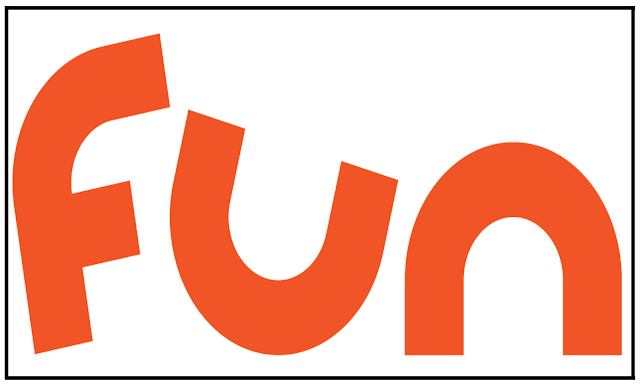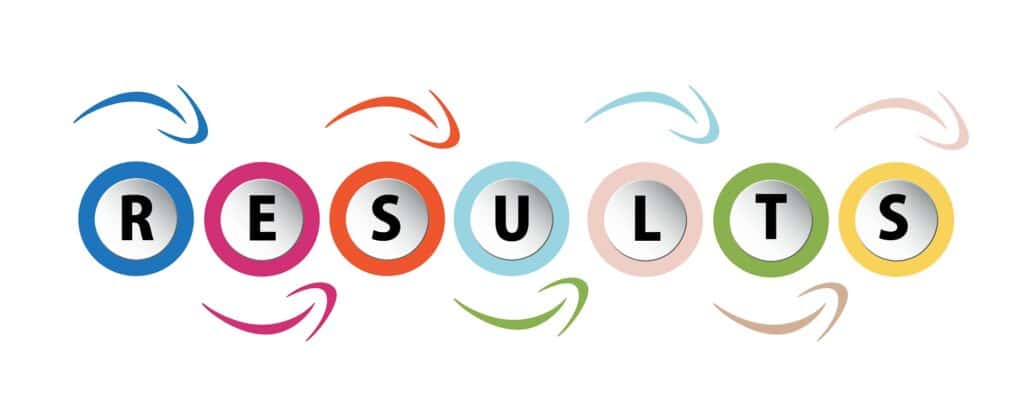A writer was finding his quiet afternoons disrupted by children in the local park next door to his home. As a keen student of human psychology, he knew better than to ask them to be quiet; instead he went over to them to thank them for their joyful exuberance and offered to pay them $1 a day each to keep it up. The children were delighted, and happily kept up their side of the bargain. At the end of the week, the writer then told them that his investments had plummeted and so he could only afford 50c, but he hoped they could nevertheless keep up the good work. The children were sorry to lose half their hard-earned income but had little choice but to accept. The following week he told them that he was so hard up he couldn’t afford any further payments; at this the children decided to show their displeasure by moving to another playground where the writer could no longer hear them.
Lawrence Lessig wrote that a time is marked not much by ideas that are argued about as by ideas that are taken for granted. The character of an era hangs upon what needs no defence. Today, the pre-eminence of markets is one such idea, in few places more so than Singapore. But amusing stories like the one above, and far more serious ones about selling votes, organ harvesting or human trafficking show that there are some areas where the market should not go; that is, some things simply should not be for sale.

I have had many debates with colleagues about this over the years. One old friend who I taught with in the UK state system remains scandalised that I have ‘gone over to the dark side’ by working in a private school. She argued that some things – her list was parenting, family life, human rights, sex, and education – should be protected from the market. Paying for these things, she argues, ruins them, just like the writer ruined the children’s fun in my little story above.
Needless to say, I disagreed about education. Someone always pays for education – be it individuals, companies, or governments. But I was uncomfortable – because she was right about the rest of the list, and she was right that the way we treat a thing can change its nature. If we reduce education to a commodity then we are certainly in danger of fraying its moral character and of treating students as consumers to woo, rather than as characters to build.
So what is the role of the market in education? Can education survive unscathed? In his marvellous essay The Ecstacy of Influence, Jonathon Lethem notes that a work of art can be sold in the market and still emerge, undamaged, as a work of art, and that’s because great art has a message, a gift for the viewer, regardless of the price. That’s why, he argues even a really beautiful, ingenious, powerful advert can never be any kind of real art…[because] it’s never really for the person it’s directed at. I am wondering if we can say the same about education. As long as it’s directed at the student, and not the shareholder; as long as the message is more than simply the ROI; as long as there is some gift from teacher to student; then perhaps there is some clear blue water between education and efficient business practices (I wonder if education shares a lot with organised religion in this respect).
Of course this is no news to some economists, who talk about gift-economies which run without the structures of the free market. What’s remarkable about gift economies is that they can flourish in the most unlikely places, and can actually produce better goods than regular economies. The classic example here is volunteer blood systems, which generally produce blood supplies of higher safety, purity, and potency than commercial systems. I like to think Education is the same; it’s no accident that the pre-eminent schools in Singapore are all not-for-profit trusts. Lethem notes that a gift economy may be superior when it comes to maintaining a group’s commitment to certain extra-market values.
If that’s the case, and if we want the notion of education as a gift to flourish, then it’s a strong argument for insulating education from the marketplace.
References
- Sandel, M. (2013) What Money Can’t Buy: The Moral Limits of Markets Farrar, Straus and Giroux; New Yor



1 Response
Thanks